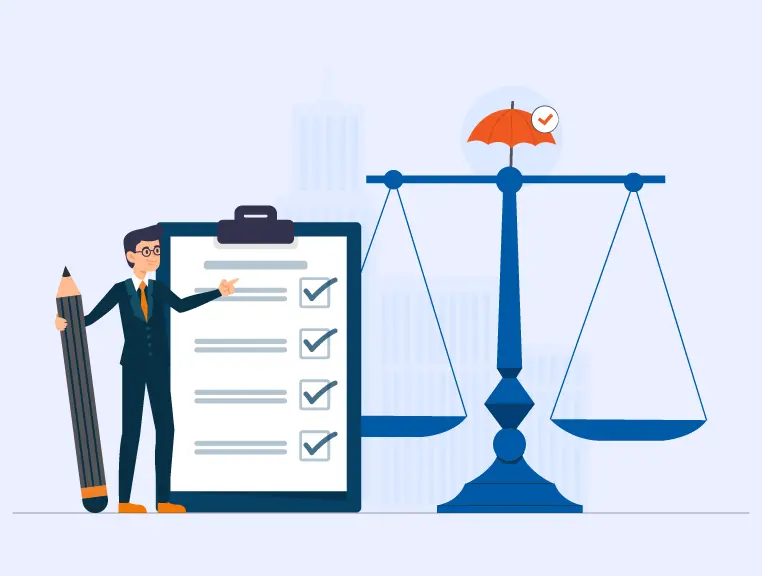The Public Liability Insurance (PLI) Act 1991 is an Indian law that was enacted to provide public liability insurance for the purpose of providing immediate relief to persons affected by accidents occurring while handling hazardous substances. In response to 1984 Bhopal Gas Tragedy, which resulted in the loss of thousands of lives, the Act was introduced. It also left several others with long-term health problems.
Objectives of the PLI Act
The main objective of the Public Liability Insurance Act 1991 is to provide public liability insurance for industrial activities involving hazardous substances. It ensures that adequate compensation is available to victims in case of accidents. The Act requires industries handling hazardous substances to take out insurance policies that cover their liability for any damage or injury caused to third parties.
Act assigns central government the responsibility of establishing Environmental Relief Fund to offer assistance to accident victims with hazardous substances. Industries that handle hazardous substances and are covered under the Act fund the ERF through an imposed levy.
The Public Liability Insurance Act 1991 ensures that compensation is available to victims in case of accidents involving hazardous substances. It has played a key role in improving safety standards in industries that handle such substances.
Objectives of Public Liability Insurance Policy
“Businesses purchase the Public Liability Insurance Policy to protect themselves from claims made by third parties for property damage or bodily injury. “This type of insurance policy provides coverage for the legal liability of the insured in the event of an accident or incident that results in property damage, injury, or death to a third party.
The policy covers the legal costs and expenses incurred in defending against such claims and also provides compensation to the third party for the damage or injury caused. The policy typically covers a range of risks, such as accidents on the business premises, product liability claims, and accidents caused by the actions of the insured and their employees.
A Public Liability Insurance policy is important for businesses. As it can protect them from the financial consequences of claims made against them by third parties. Businesses without this type of insurance may incur significant financial losses and even face bankruptcy if a legal claim finds them liable for damages. It is especially important for businesses that interact with the public or have a high risk of accidents, such as those in the construction or manufacturing industries.
Key Advantage of Public Liability Insurance Act Over Public Liability Insurance Policy
The key advantage of this Act is that it ensures that compensation is available to victims in case of accidents. It also helps protect the public from the financial burden of such incidents. And the insurance policy purchased by businesses to cover their liability for any injury or damage caused to third parties. One significant benefit of this policy is its ability to offer financial protection to businesses when faced with accident-related claims.
Conclusion
The Public Liability Insurance Act 1991 and the Public Liability Insurance policy serve different purposes and have their own advantages. The Act provides a legal framework for ensuring compensation for victims, while the policy provides financial protection to businesses. If you want to get the best insurance policy quotations, get in touch with the team of SecureNow now. We have an expert in providing instant group insurance policies to various businesses.
About The Author
Rajesh Mehta
MBA Finance
Rajesh has become a distinguished expert in liability insurance with over 8 years of extensive experience in the insurance industry. As a dedicated writer for SecureNow, he crafts insightful and informative blogs and articles that help businesses and individuals understand the nuances of liability insurance, from policy details to industry trends. Throughout his career, Rajesh has developed a profound knowledge of various types of liability coverage, including professional, general, and product liability insurance. Their expertise enables them to break down complex topics into accessible content, making it easier for readers to make informed decisions about their insurance needs.




